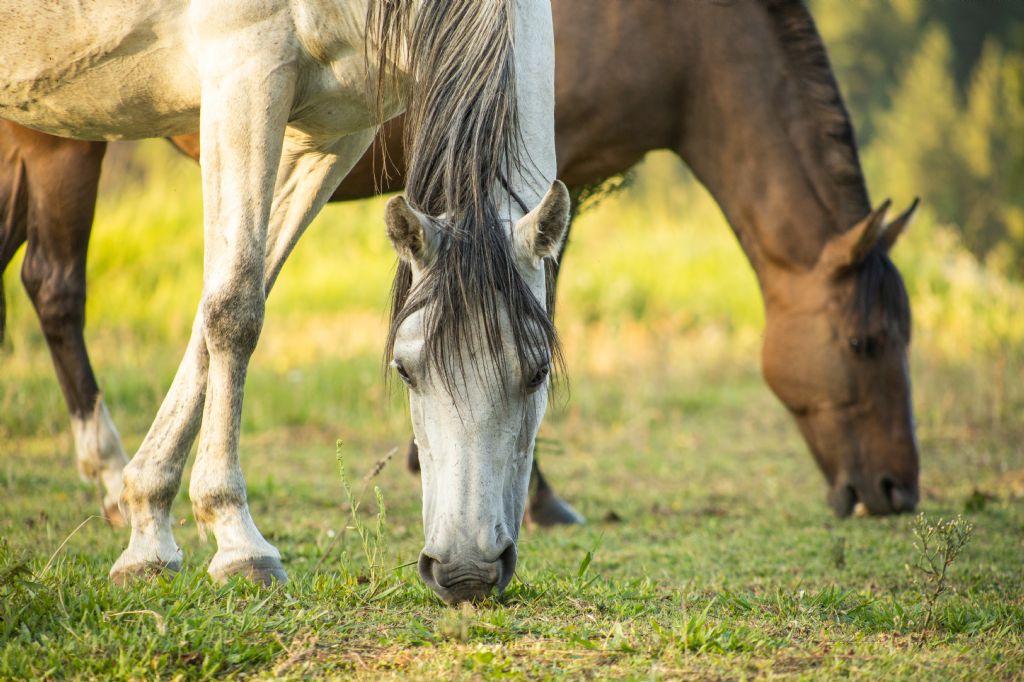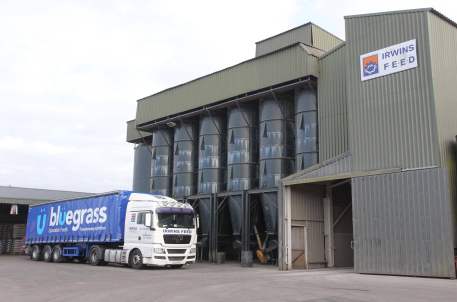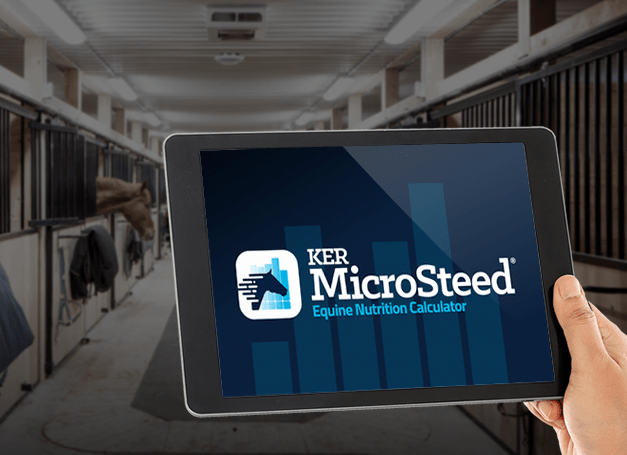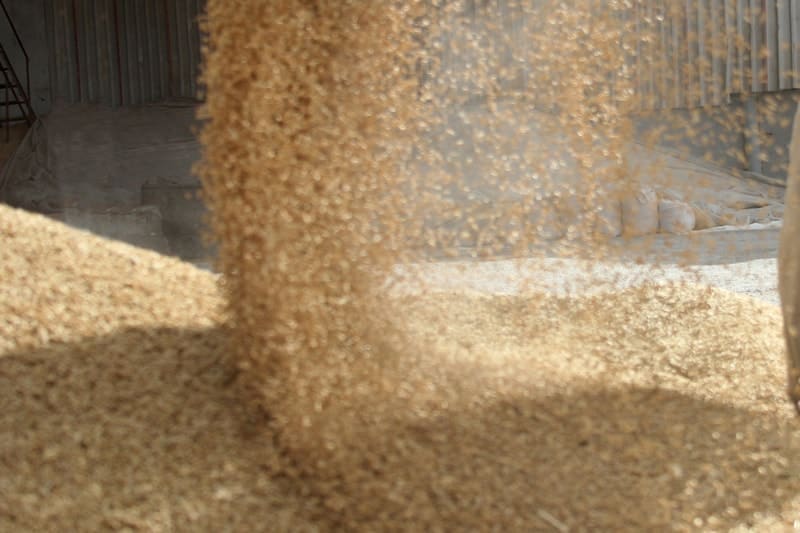Bluegrass News
With the cost of living continuing to rise you may be wondering how you can shave a few pounds off your horses feeding bill. Don’t fret just yet, in this article we have put together some money saving tips that will help you feed your horse for less without skimping on their nutrition.
Reduce waste
Forage waste is a big issue when it comes to saving money, offering Ad lib forage is ideal for most horses to reduce the incidence of Gastric Ulcers or for those hard keepers needing to gain condition. For those offered ad lib forage it may be worthwhile investing in a round feeder, bar feeder or a barrel to help reduce wastage. For those on restricted diets introducing a slow feeder would increase chew time, encourage a natural eating position, and prevent any waste. However, for those needing a restricted diet or needing to lose weight they should be fed no less than 1.5-2% of their body weight to ensure that their forage requirement is met without overproviding digestible energy, which would cause weight gain. Weighing forage is key to ensure you are feeding the correct amount, if you are unsure how much forage you should be feeding contact the Bluegrass team who can guide you on this.
Choose High Quality Forage
Buying high quality forage that has been properly wrapped and stored can save you money in the long run as there will be less waste due to mould. Have your forage tested to see the levels of nutrients it provides. It is also cost effective to buy forage before winter in bulk to avoid the mid to late season price increases.
Increase Turnout
During the summer months, it is important to utilize the grass that is available to reduce feeding costs. Implementing strip grazing may help extend the grazing period of fields and reduce the incidence of poaching which in turn will allow the fields to be grazed for a longer period of time.
To reduce worm burdens, it is also important to have in place an effective worming routine formulated in conjunction with your vet with the use of faecal egg counts as this can reduce the need to worm as frequently. Poo picking on a regular basis will also help to reduce the incidence of burdens amongst those turned out in fields. Remember forage only diets won’t provide a fully balanced diet, so it is vital to feed a complete balancer such as Stamm 30 to meet their nutrient requirements.
Speak to a Bluegrass Nutritionist
Feeding a cube or a mix at a reduced rate may make the bag last longer but it also means your horse isn’t receiving key proteins, vitamins and minerals that are vital to provide a balanced diet which in the long term could result in large vet bills. Feeding a balancer such as Stamm 30 is a cost-effective way of providing a balanced diet, 500g of Stamm 30 provides a 500kg horse with a balanced diet at a cost of only 62p per day. Avoid overfeeding as it does not only pose problems such as obesity, laminitis and gastric ulcers but it is also a waste of money. The Bluegrass team are here to help with formulating your horse’s diet to meet their individual needs so get in touch today on 028 37548276 or fill out a Diet Request Sheet on our website to find out exactly what your horses needs to save you money.
Remember feeding a cheaper feed can be a false economy as they often have fewer quality ingredients that contribute to an overall balanced diet, and this could cost you more in the long run.












